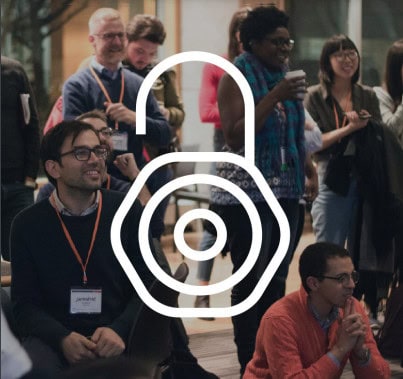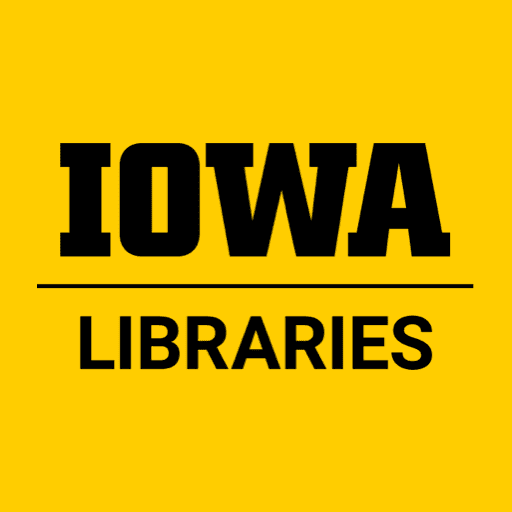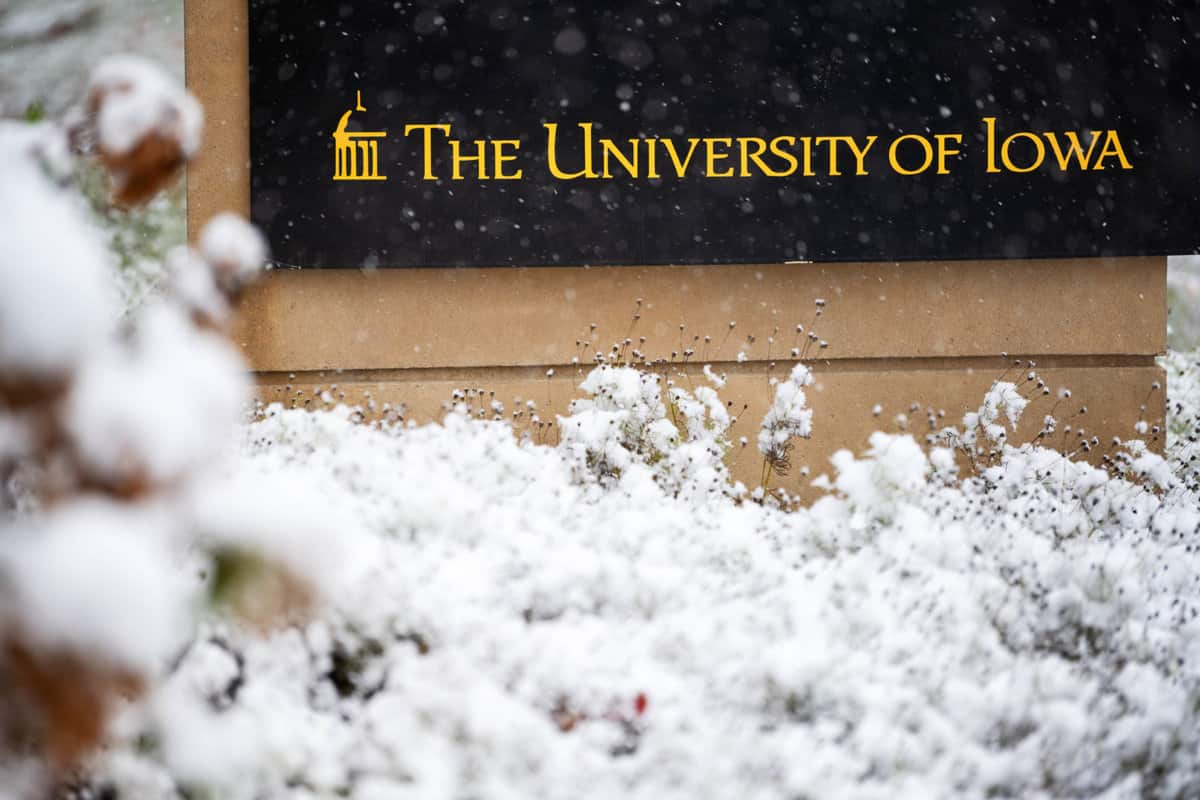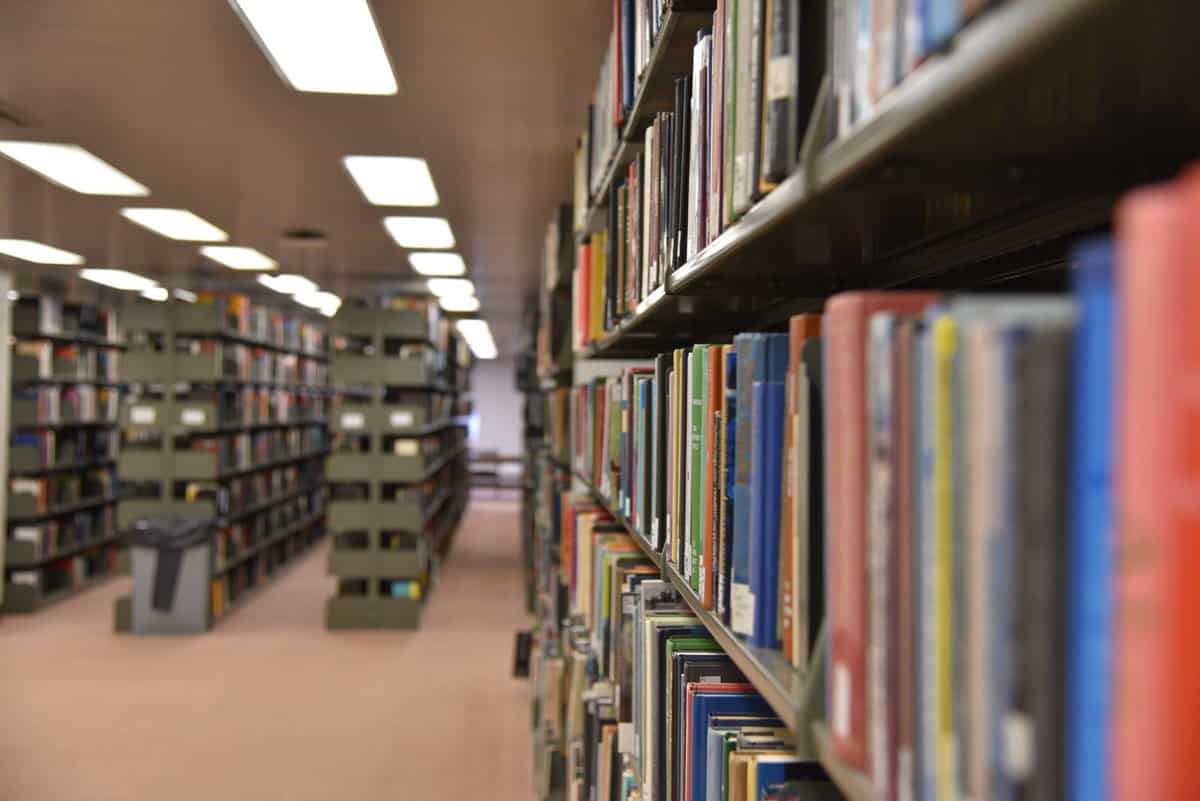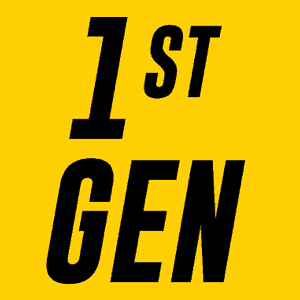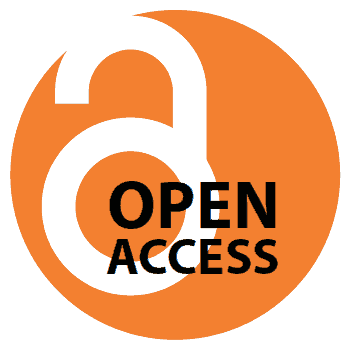The time for Love Data Week 2026 has come, with this year’s theme, “Where’s the Data?”, encouraging us to consider the journey that data undertakes from creation to application. Previously, we discussed how to implement good data management practices in your research. So, what next? Sharing your data and making it findable and discoverable toContinue reading “Love Data Week 2026: Data Discoverability”
Category Archives: Business
Love Data Week 2026: Keeping Track of Your Data
The time for Love Data Week 2026 has come, with this year’s theme, “Where’s the Data?”, encouraging us to consider the journey that data undertakes from creation to application. The first step in the journey of research data is its creation during the research process. At this stage, it’s important for you as researchers toContinue reading “Love Data Week 2026: Keeping Track of Your Data”
Love Data Week 2026: February 9-13
Love Data Week 2026 is upon us, and the Big Ten Academic Alliance (BTAA) is hosting a series of free virtual events to celebrate from Monday, Feb. 9, through Friday, Feb. 13. From hands-on workshops and expert panels to data visualization competitions and networking opportunities, Love Data Week offers students, faculty, staff, and researchers acrossContinue reading “Love Data Week 2026: February 9-13”
Libraries Advancement Council’s fall 2024 meeting
We were thrilled to host the University of Iowa Libraries Advancement Council (LAC) on campus Nov. 29–31, 2024, and already look forward to their next meeting, scheduled for April 2025. The LAC actively champions the Libraries and provides guidance and feedback to help UI Center for Advancement efforts to increase support through fundraising, advocacy, and engagement.Continue reading “Libraries Advancement Council’s fall 2024 meeting”
Learning about Diamond Open Access–OA Week 2024
During the week of Oct. 21–27, 2024, the University of Iowa Libraries is celebrating International Open Access Week by sharing updates and information about all things open access. In the Libraries’ Scholarly Impact Department, we get a lot of questions from UI authors who are interested in publishing their research open access (OA), but don’tContinue reading “Learning about Diamond Open Access–OA Week 2024”
Get expert help with your data management plan
Do you need a data management and sharing plan (DMSP) for your grant proposal? The University of Iowa Libraries Research Data Services can help! Brian Westra, data services librarian, is available to help you create a data management plan in alignment with funding agency requirements. If you have questions about: Which repository is most appropriateContinue reading “Get expert help with your data management plan”
Updated hours for Jan. 9 due to winter weather
The University of Iowa Libraries have updated hours due for Tuesday, Jan. 9, 2024, due to winter weather. (UPDATED at 4:15 p.m. to reflect the Main Library’s 5 p.m. closure) Art Library – Closed Hardin Library for the Health Sciences – Closing at 3 p.m. The 24-hour study will then open and online chat willContinue reading “Updated hours for Jan. 9 due to winter weather”
Nine student Libraries workers awarded scholarships for 2022-2023
We’re grateful every day for our student workers, whose contributions are foundational to the University of Iowa Libraries. They’re the vital engine behind everything we do, from the front desk at the Lichtenberger Engineering Library to the stacks at the Main Library. These dedicated students make time alongside their classes to create friendly, helpful environmentsContinue reading “Nine student Libraries workers awarded scholarships for 2022-2023”
UI Libraries recognizes first-generation staff and student workers
The University of Iowa Libraries is celebrating its student workers and staff who identify as first-generation students with opportunities to enjoy snacks, coffee, and other refreshments at the Main Library. It’s part of the university’s National First-Generation College Celebration held from Monday, Nov. 7 through Friday, Nov. 11, 2022. At Iowa, first-generation college students areContinue reading “UI Libraries recognizes first-generation staff and student workers”
Celebrating Open Access Week and a new resource for UI scholars
Happy Open Access Week! We’re celebrating this year’s theme “Open for Climate Justice” with an Iowa Research Online featured collection of recent University of Iowa scholar-authored open access journal articles related to climate change. We’re also officially launching our Open Scholarship Toolkit, which is a resource for UI scholars in every discipline to share the results ofContinue reading “Celebrating Open Access Week and a new resource for UI scholars”


